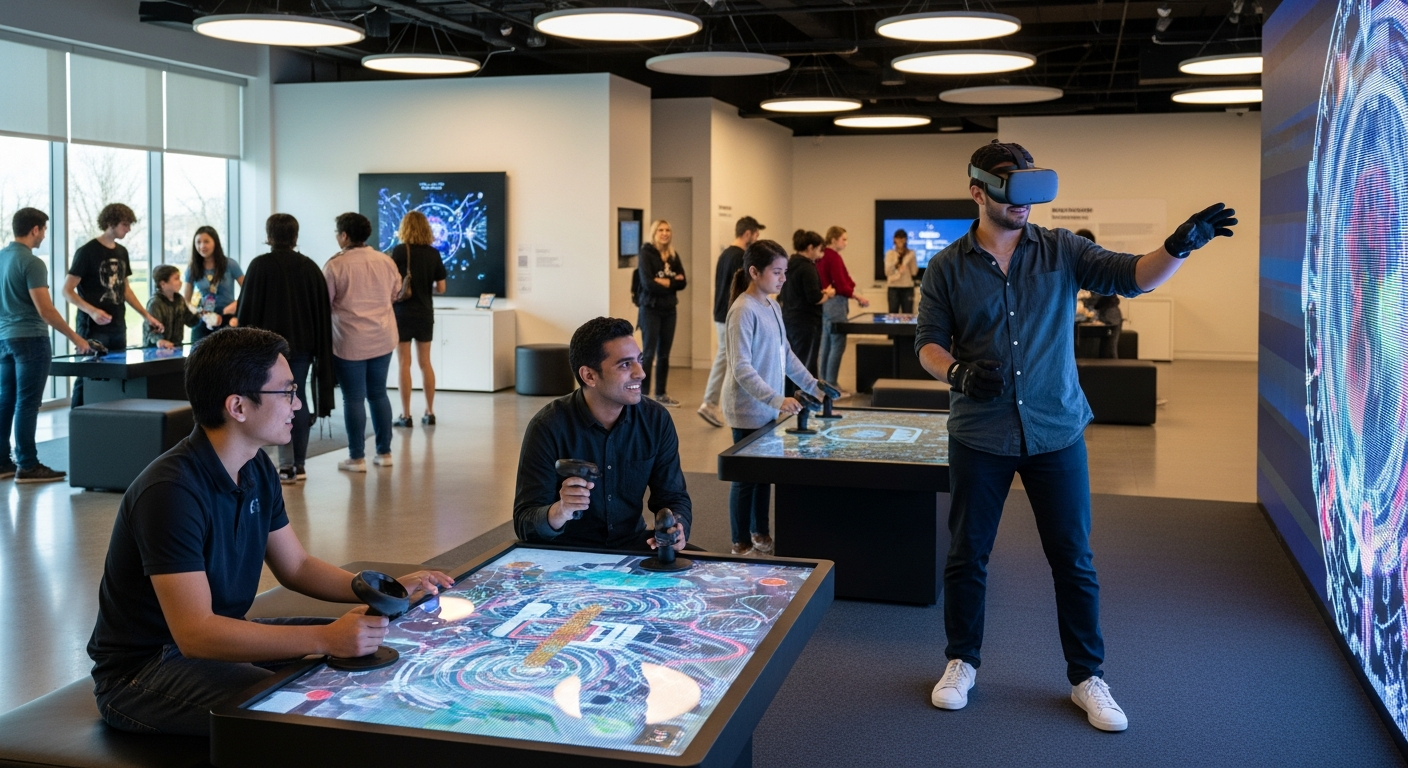Microcultures and Identity Formation in the Digital Era
The rise of niche online communities is redefining how individuals construct and express their identities. From hyper-specific fandoms to obscure hobby groups, these digital microcultures are becoming powerful forces in shaping personal and collective identities. Read below to explore how these virtual spaces are transforming social dynamics and challenging traditional notions of belonging.

The Anatomy of Digital Microcultures
Digital microcultures are characterized by their specificity and intensity. Unlike broader cultural movements, these communities often revolve around highly niche interests or shared experiences. They can range from fandoms dedicated to obscure literary genres to groups focused on particular lifestyle choices or political ideologies. The key feature of these microcultures is their ability to connect like-minded individuals across geographical boundaries, creating global communities united by shared passions.
Identity Fluidity in the Digital Age
One of the most significant impacts of digital microcultures is the fostering of identity fluidity. In these spaces, individuals can experiment with different facets of their personality, trying on and discarding identities with relative ease. This phenomenon challenges traditional notions of fixed identity, suggesting instead a more dynamic, multifaceted approach to self-understanding. Sociologists argue that this fluidity can lead to greater self-awareness and personal growth, as individuals are exposed to diverse perspectives and ways of being.
The Echo Chamber Effect
While digital microcultures offer valuable spaces for self-expression and community building, they also present potential risks. The echo chamber effect, where individuals are primarily exposed to ideas that align with their existing beliefs, can be amplified in these tightly focused communities. This can lead to the reinforcement of extreme views and the development of insular worldviews. Balancing the benefits of belonging with the need for diverse perspectives remains a crucial challenge in navigating these digital spaces.
Cross-Pollination and Hybrid Identities
Interestingly, the proliferation of digital microcultures has also led to increased cross-pollination between different communities. Individuals often participate in multiple microcultures simultaneously, leading to the emergence of hybrid identities. This intersection of various cultural influences creates rich, complex personal narratives that reflect the multifaceted nature of modern life. Researchers suggest that this hybridization may contribute to greater cultural understanding and empathy across different groups.
Real-World Implications of Digital Identity Formation
The impact of digital microcultures extends beyond the virtual realm, influencing real-world behaviors and social structures. As individuals increasingly define themselves through these online communities, traditional markers of identity such as nationality, religion, or profession may become less prominent. This shift has profound implications for social organization, marketing strategies, and even political movements. Understanding and navigating this new landscape of identity formation is becoming crucial for individuals and institutions alike.
Challenges and Opportunities in a Fragmented Cultural Landscape
The rise of digital microcultures presents both challenges and opportunities for society at large. On one hand, the fragmentation of cultural experiences can lead to increased polarization and difficulties in finding common ground. On the other, it offers unprecedented opportunities for personal growth, community building, and the celebration of diversity. As we move forward, finding ways to harness the positive aspects of these digital communities while mitigating their potential downsides will be key to shaping a healthy, inclusive digital society.






